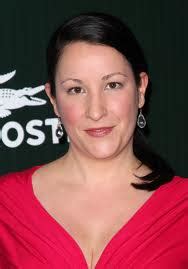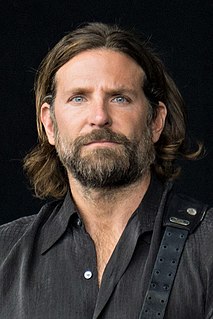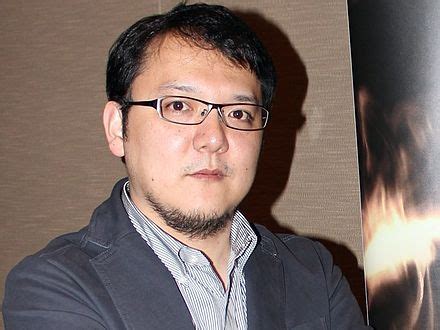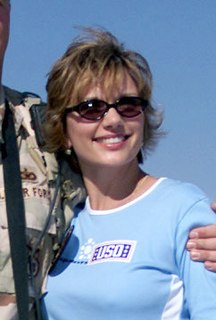A Quote by Bonnie Hunt
When you're an actress, you are a part of the storytelling process. You have to do the same thing when you direct.
Quote Topics
Related Quotes
I didn't want to do a costume drama. It's a great thing to do, but I've done them, and I didn't want to do the same thing again. Of course, costume dramas can be from all different eras, but at the time, I just felt very sure that I didn't want to be boxed in as an English actress. I wanted to be an actress, rather than an English actress.
People create the illusion of acting natural, which is what I think most documentarians do in part because of the direct cinema orthodoxies that came into play really in the '60s. That moment of performance is a tremendous opportunity to make visible something hitherto invisible, which is how people want to be seen. How do they see themselves? What are the scripts, fantasies, genres by which they imagine themselves? How is storytelling part of what we are as human beings? We wouldn't kill each other en masse if it weren't for storytelling. We wouldn't be able to live with ourselves.
You can't be perceived as 'the black actress who doesn't get the same kind of roles as the white actress.' You gotta run the same race. You gotta give the same quality of performances. You gotta have the same standard of excellence, even though people know that you're coming to the race in a deficit. That's just what life is about.



































